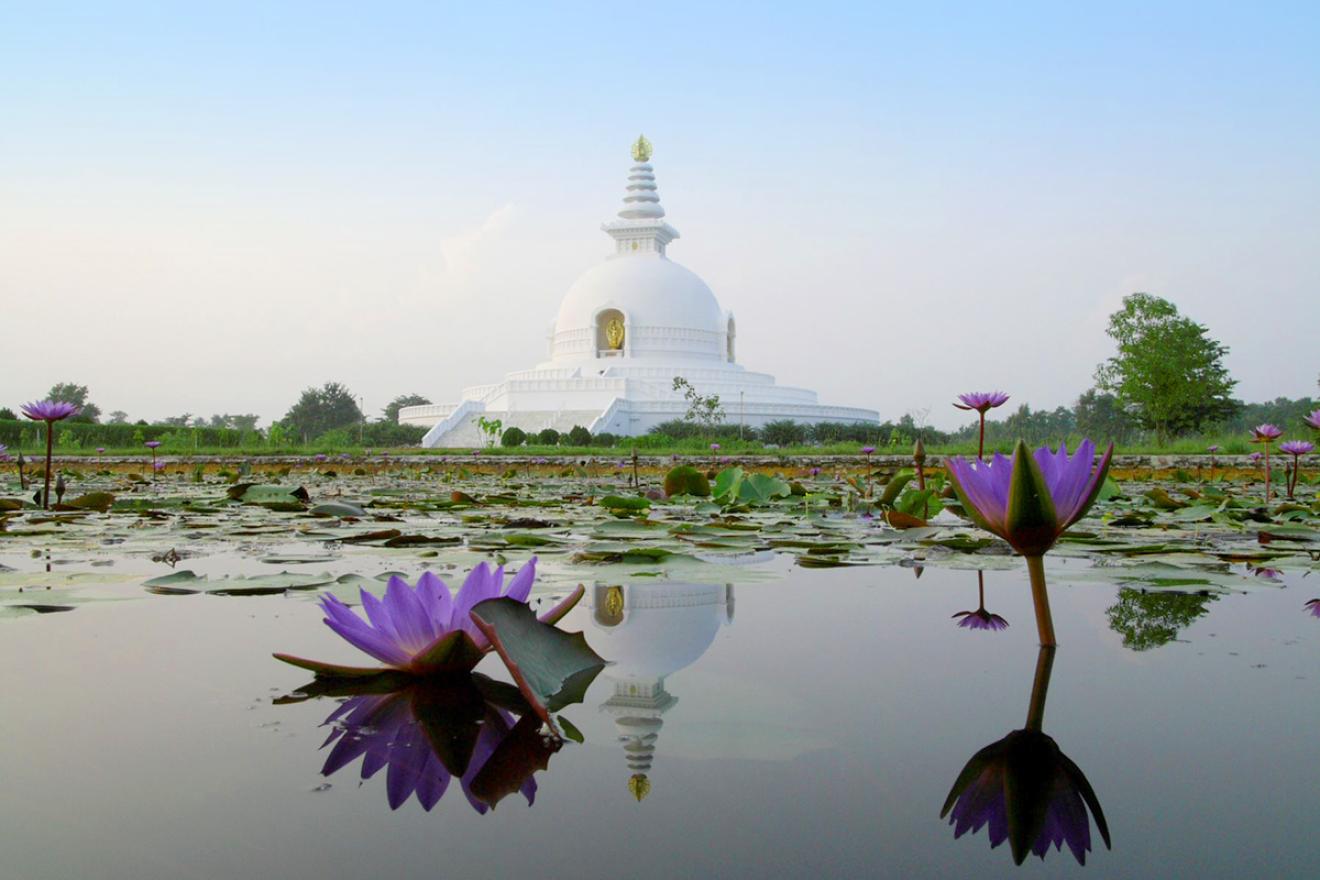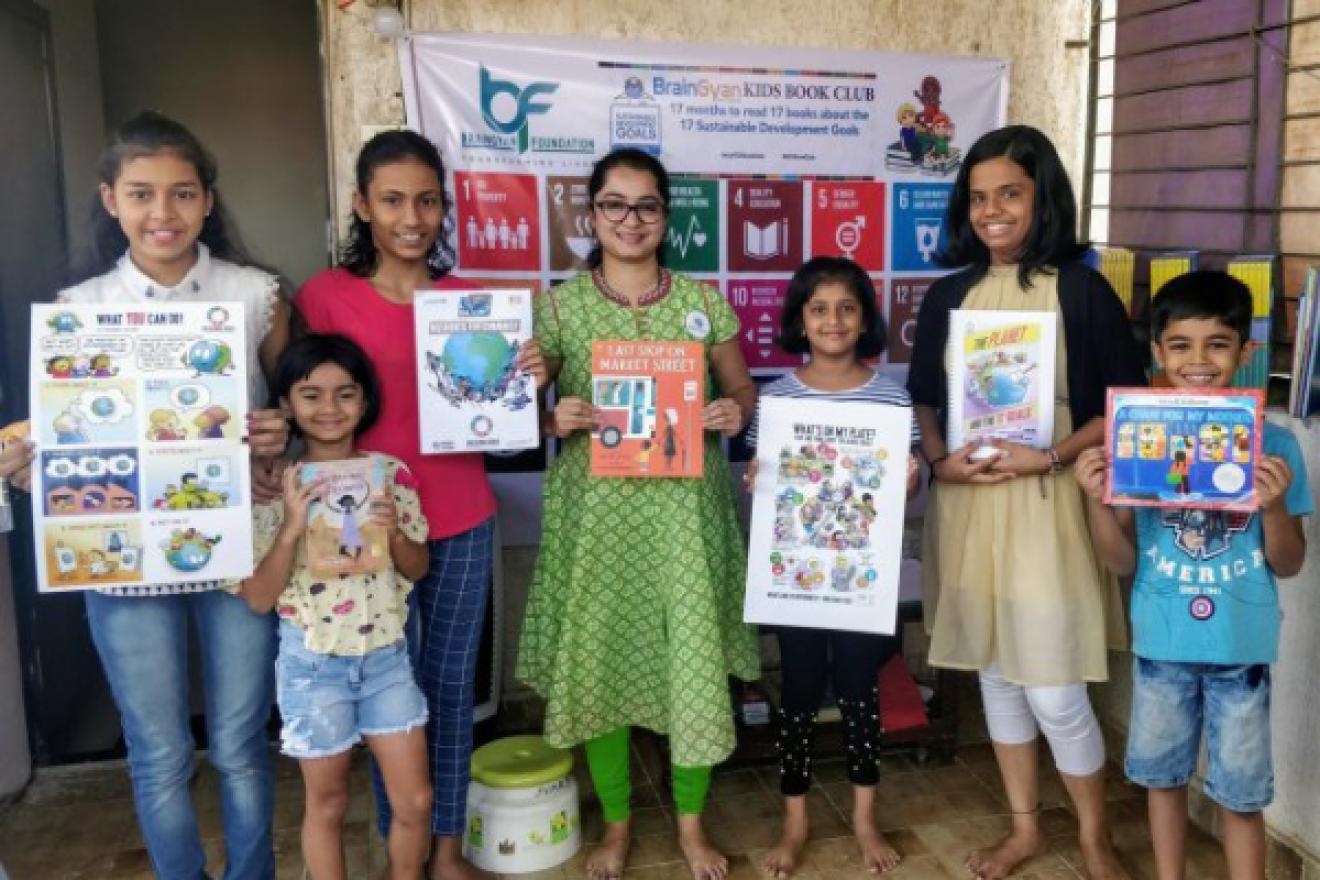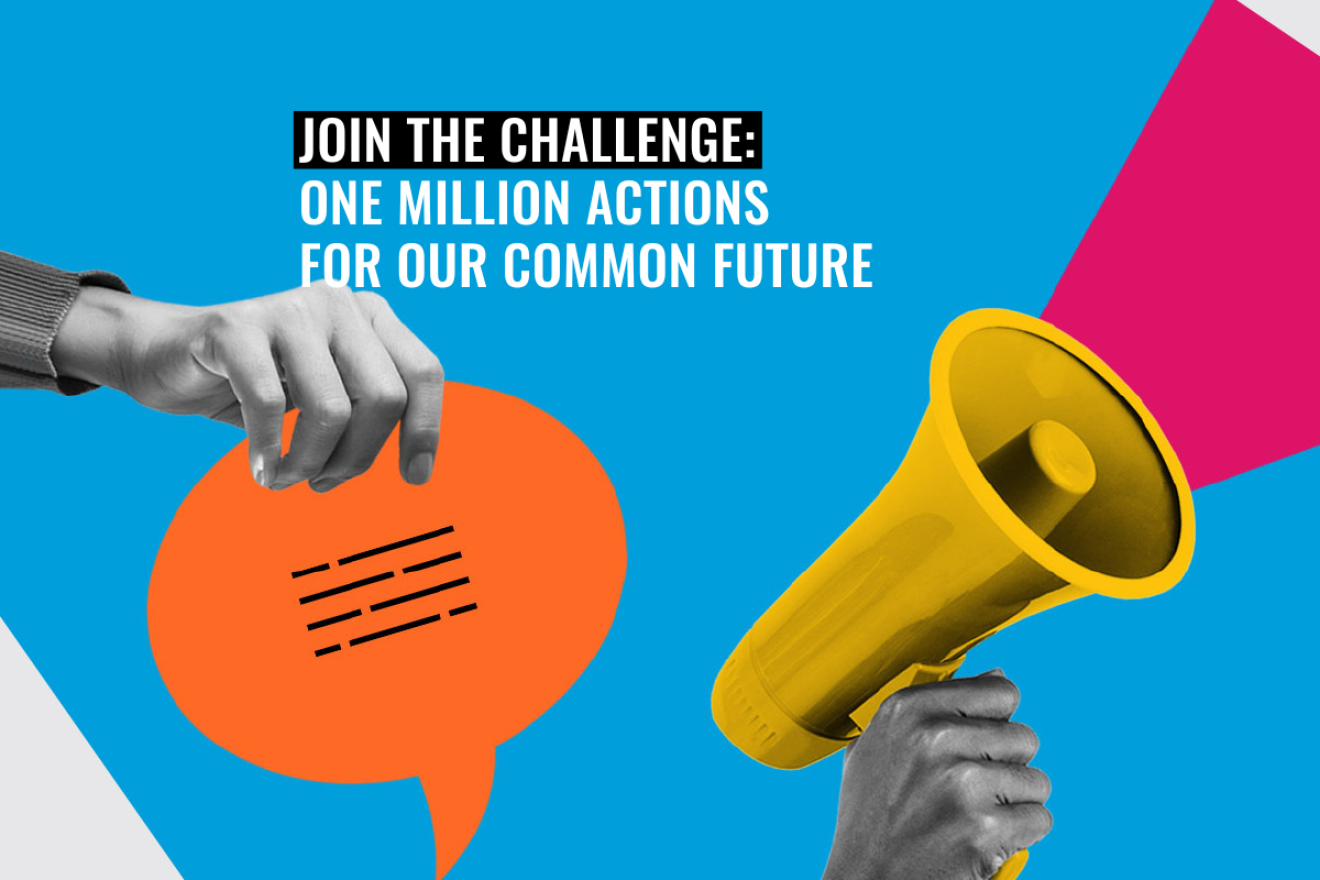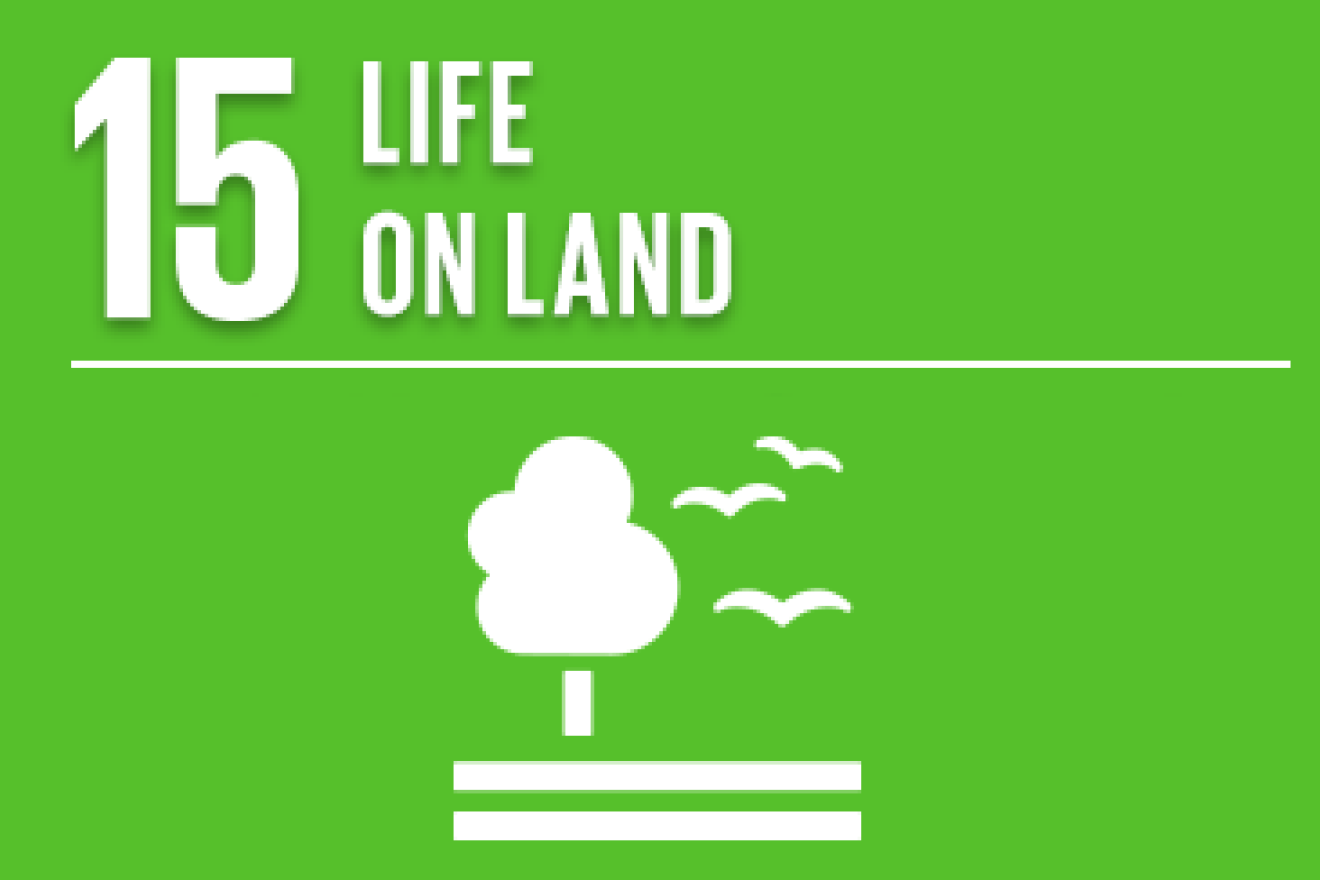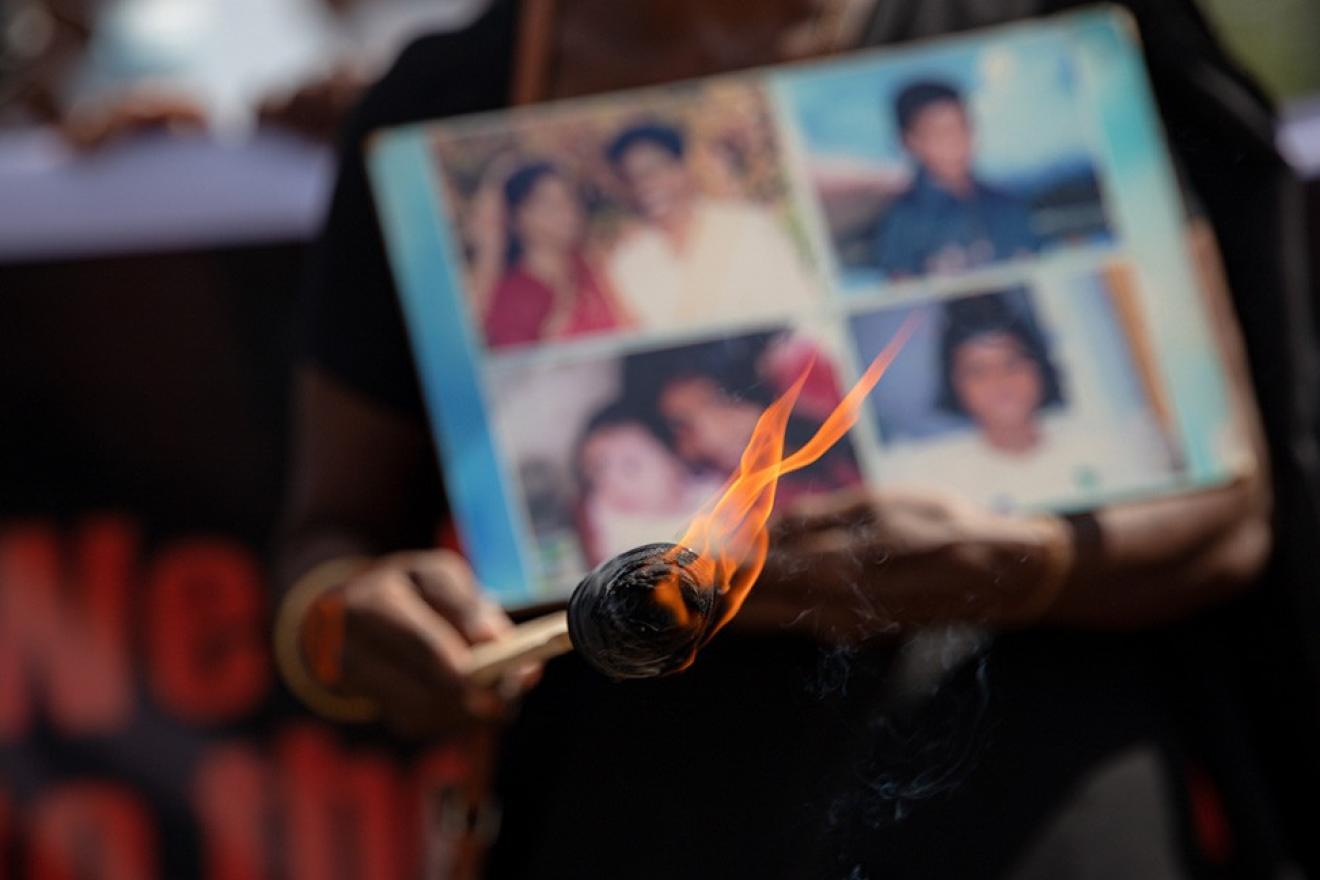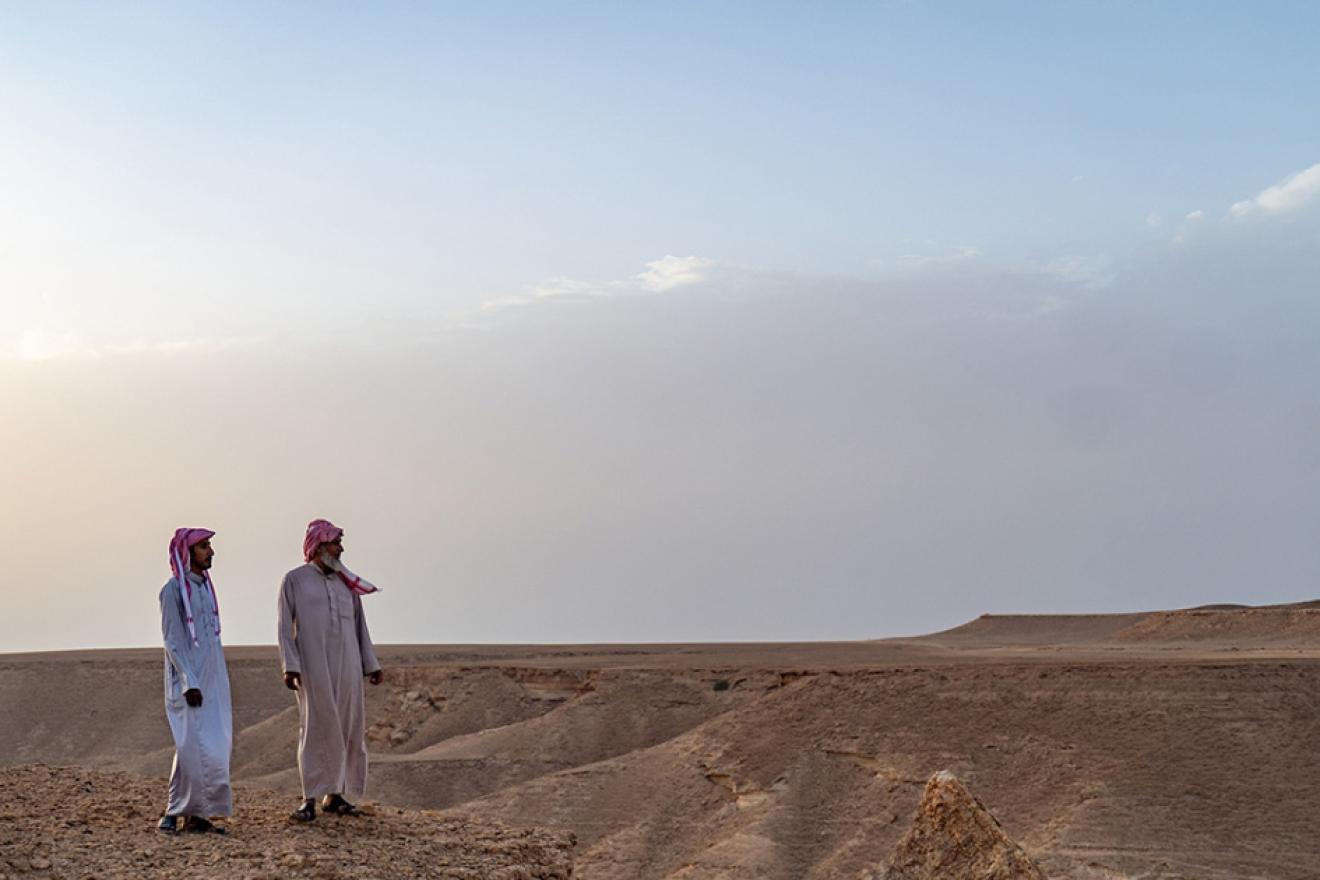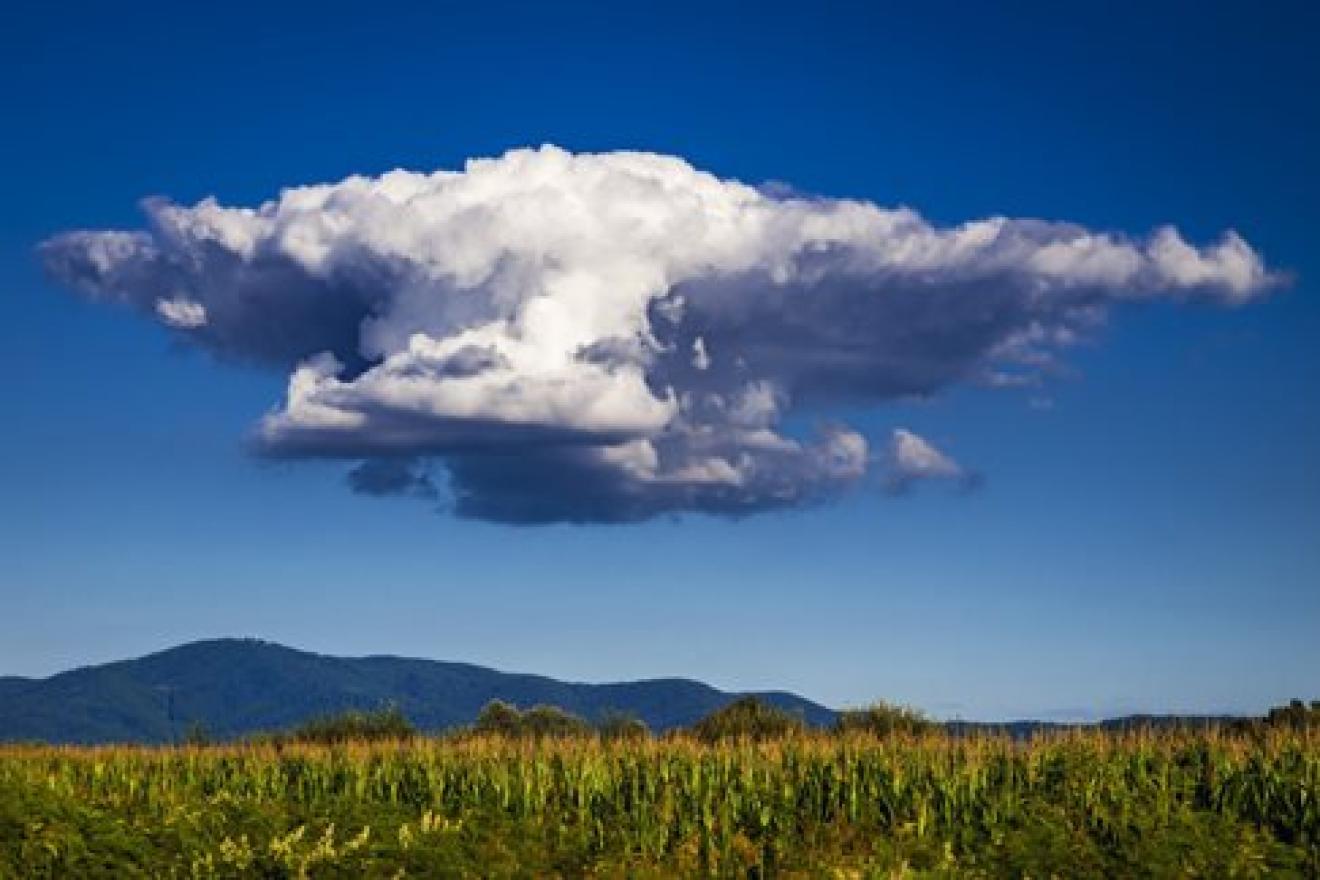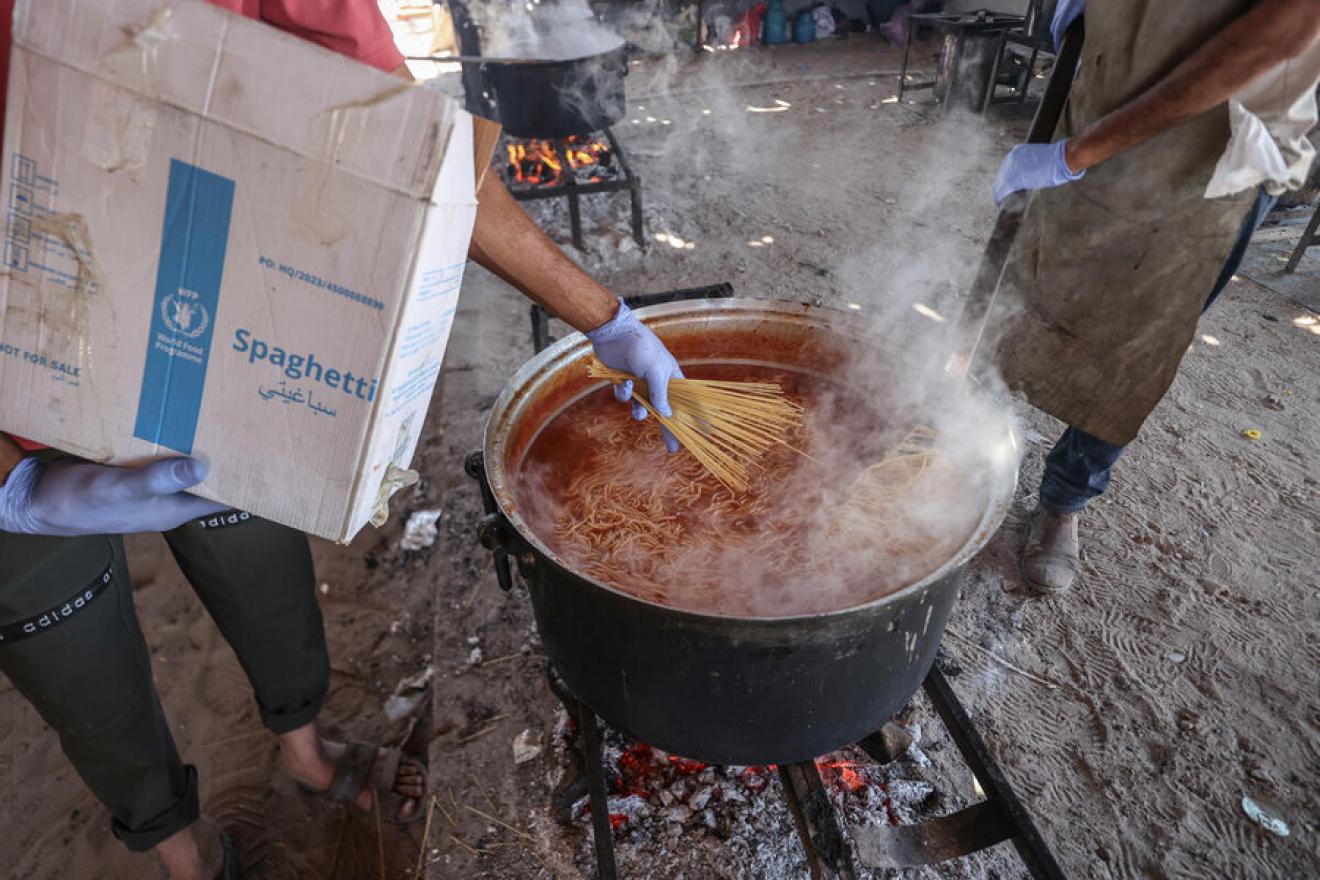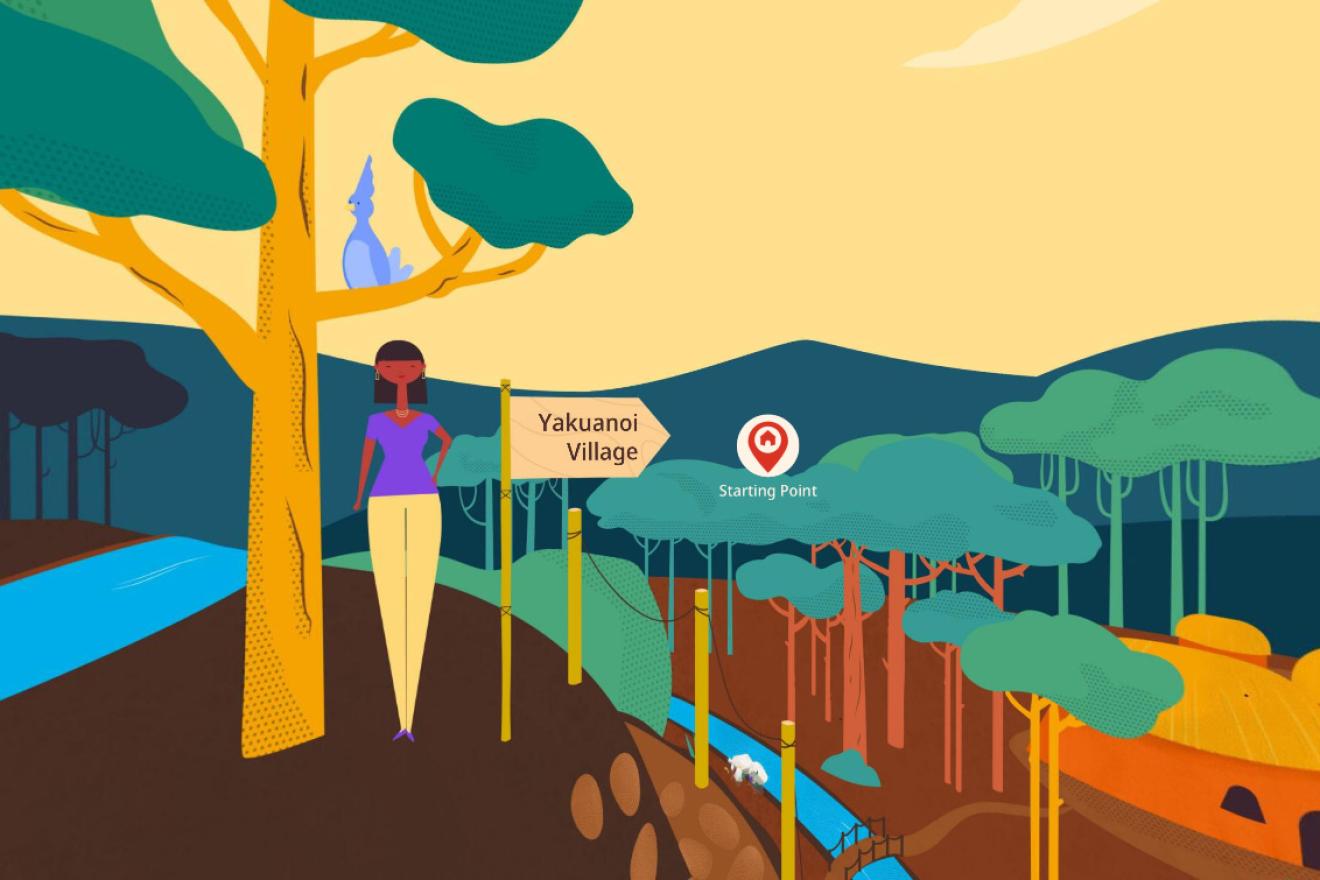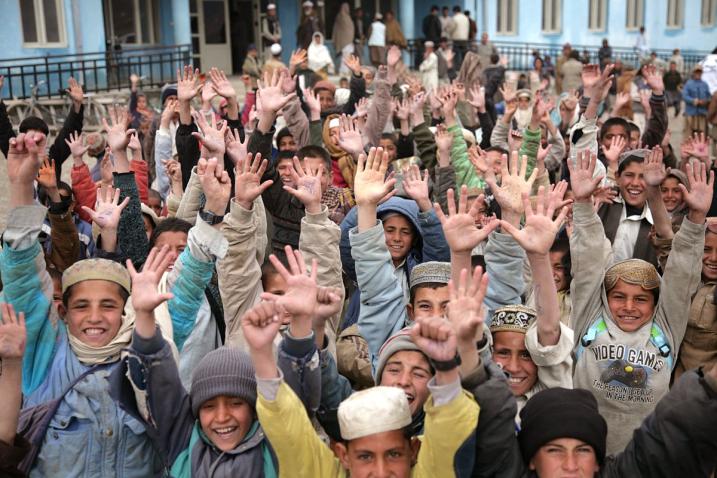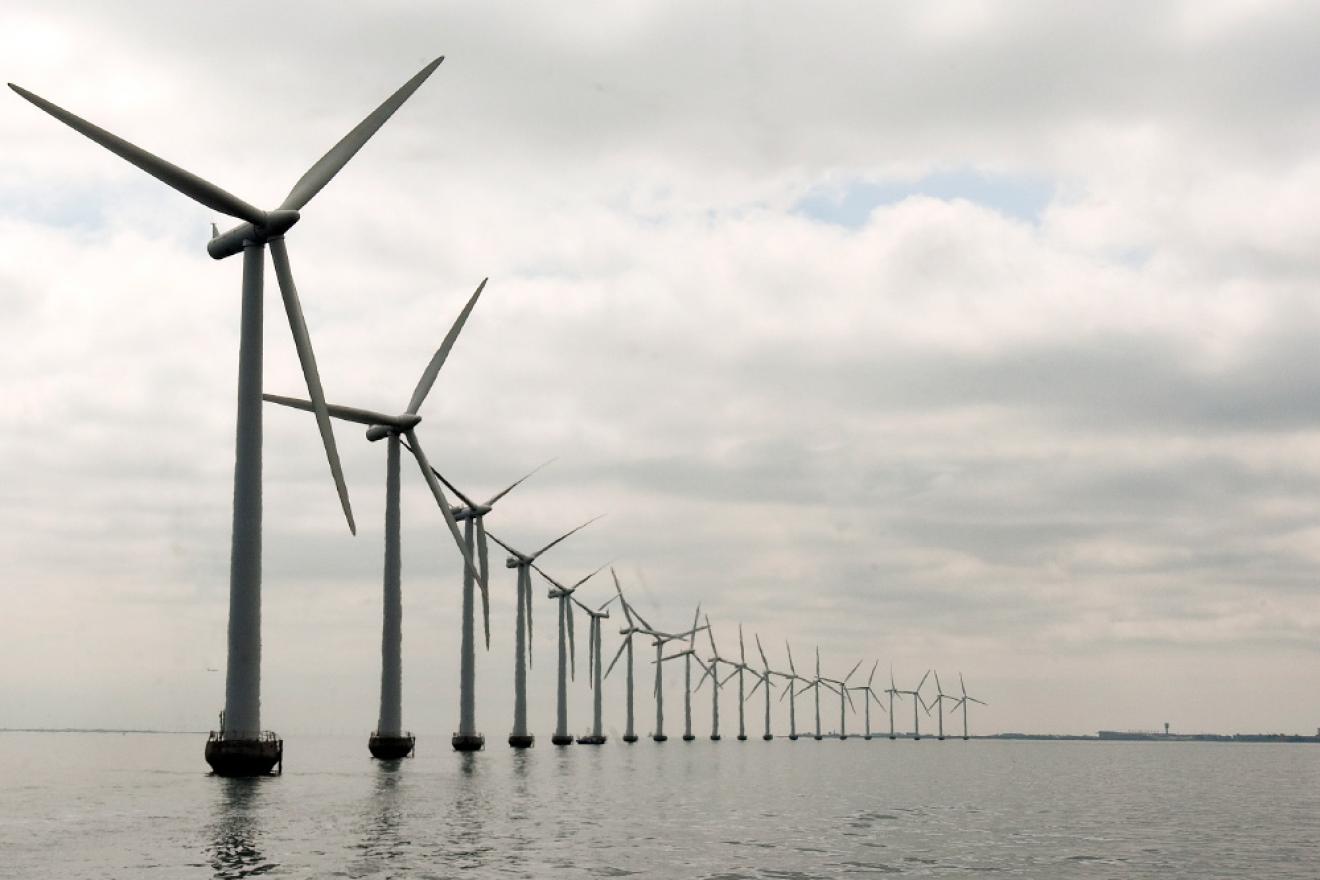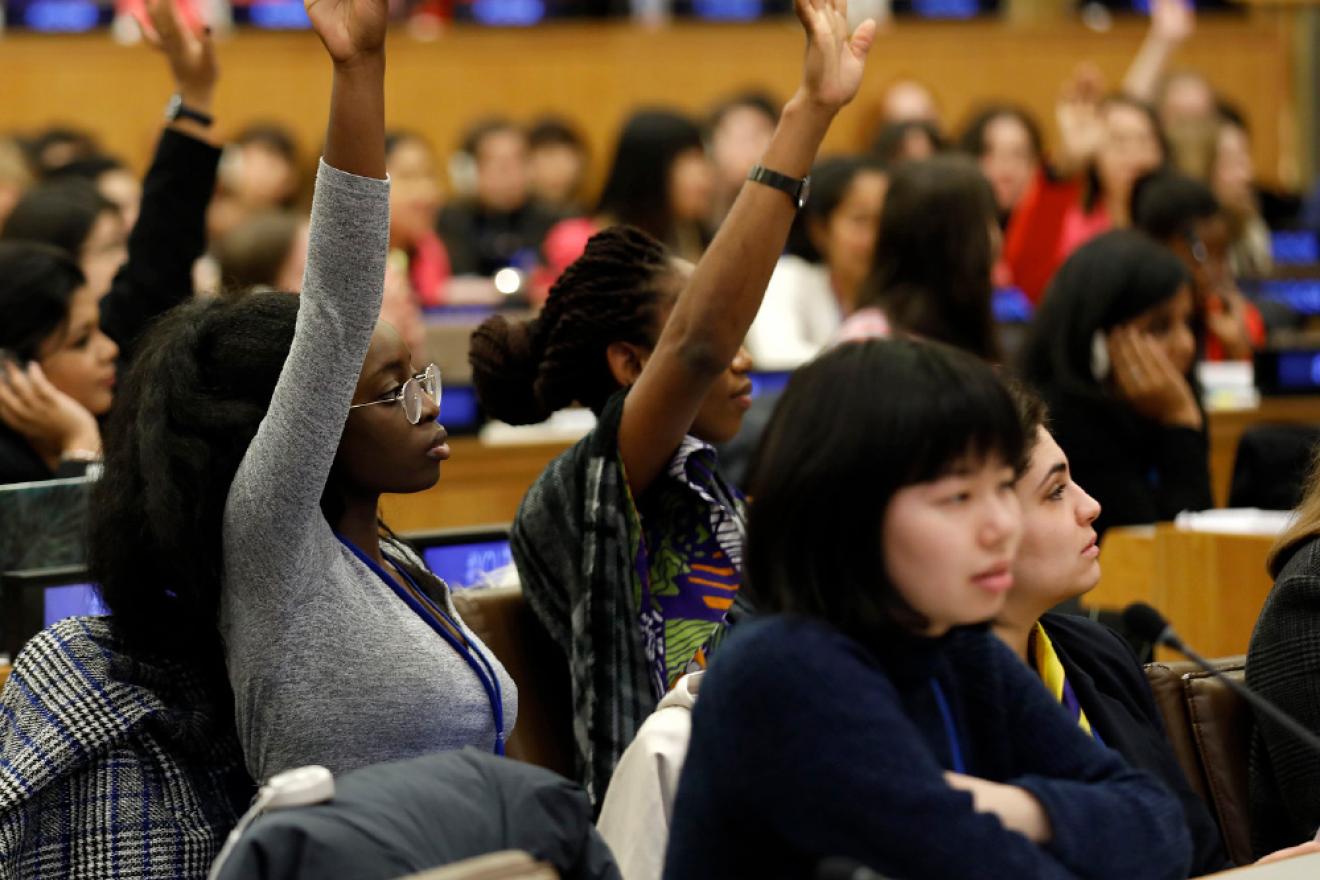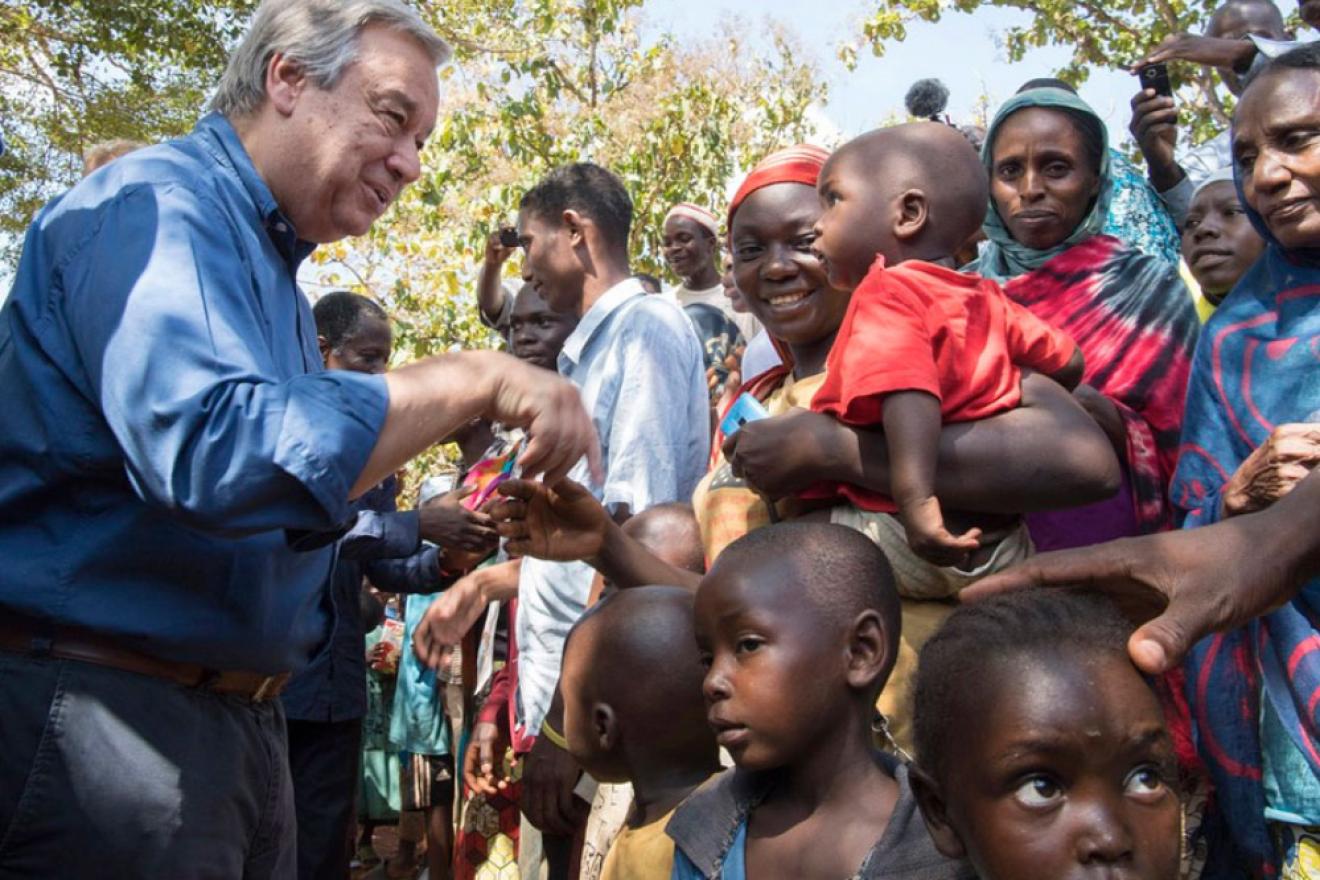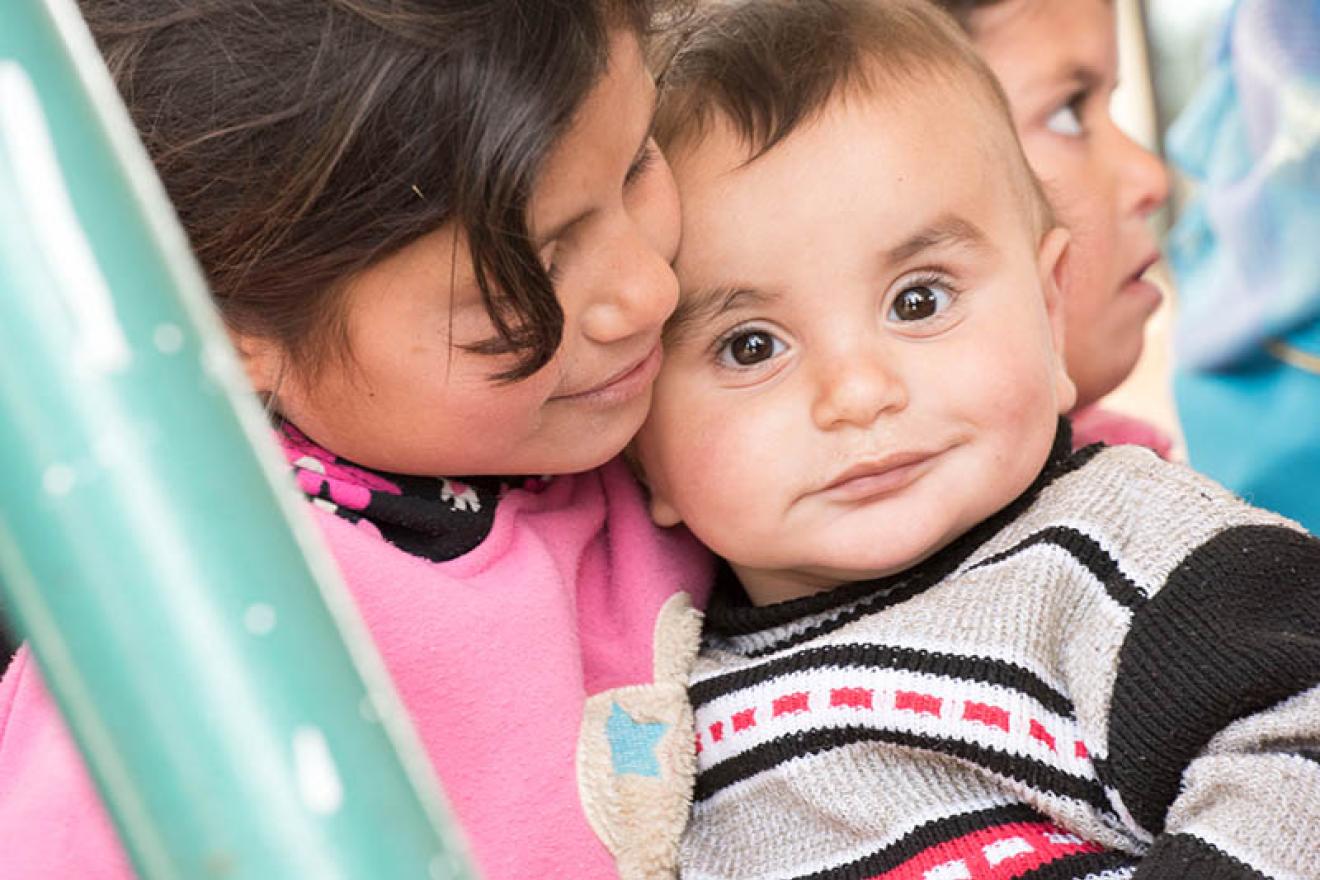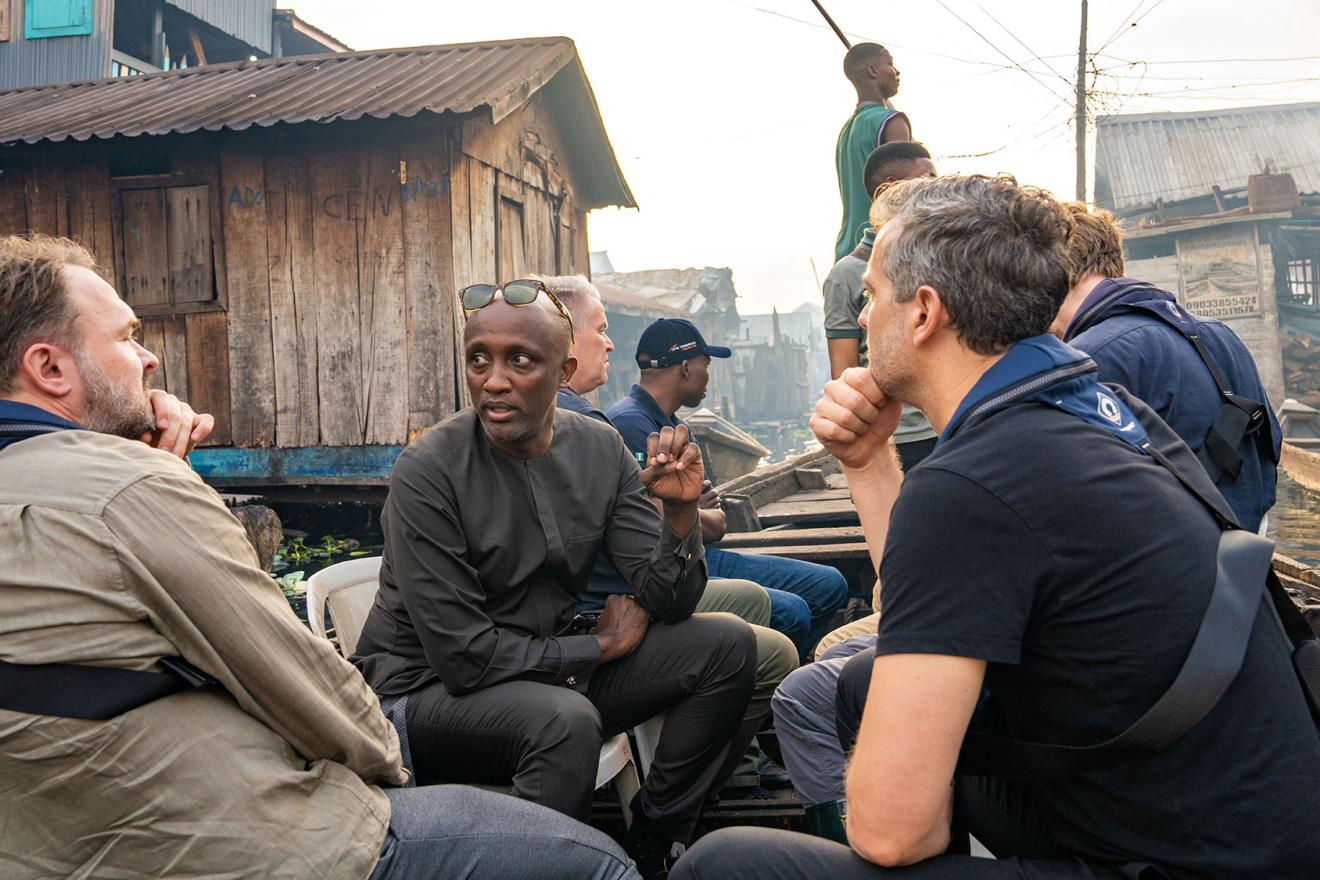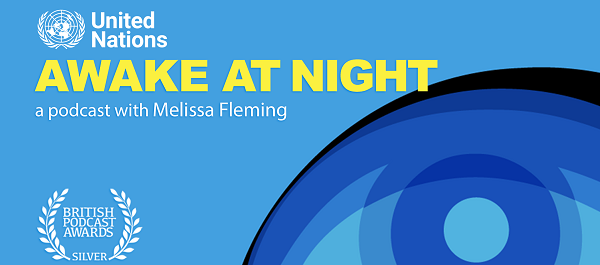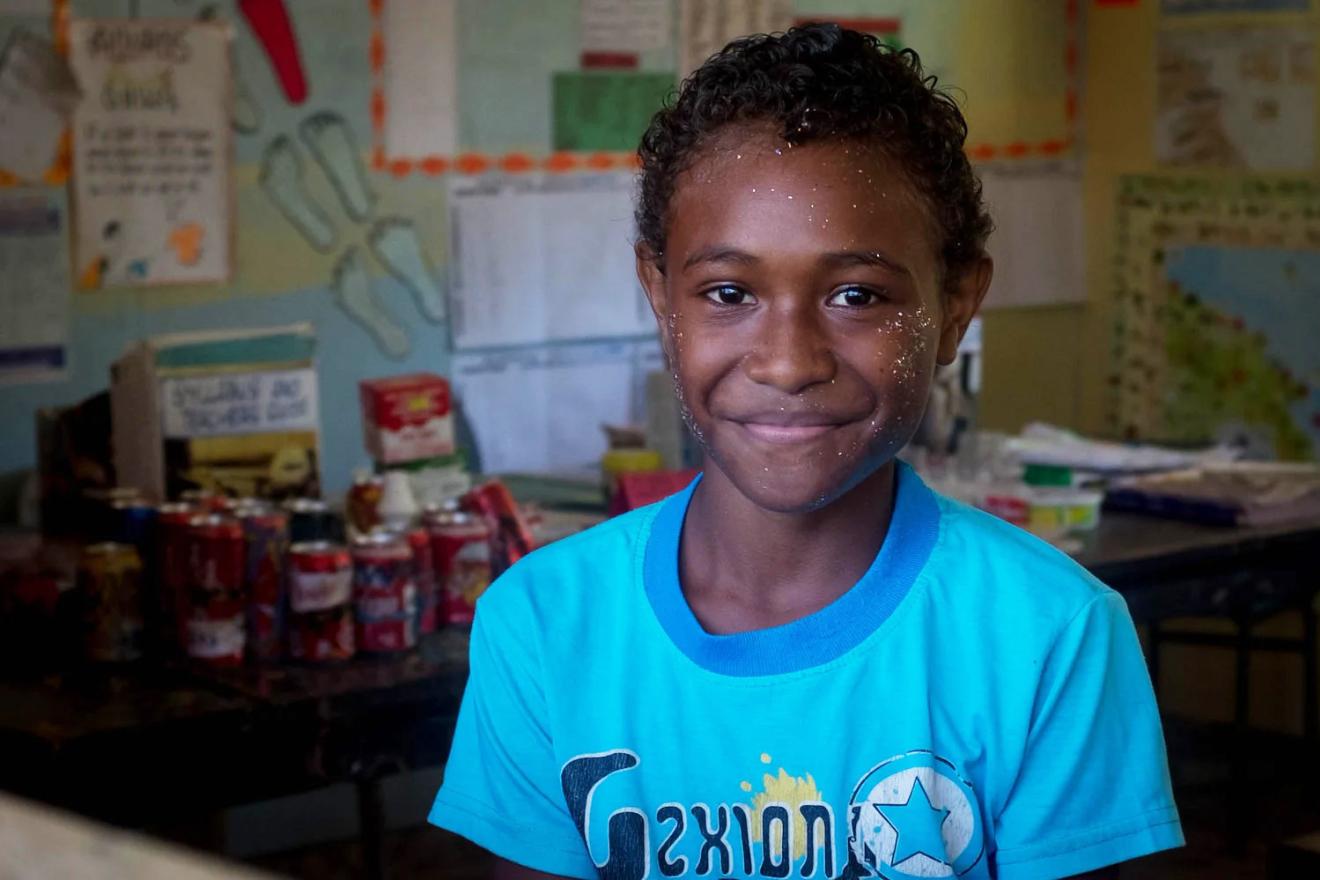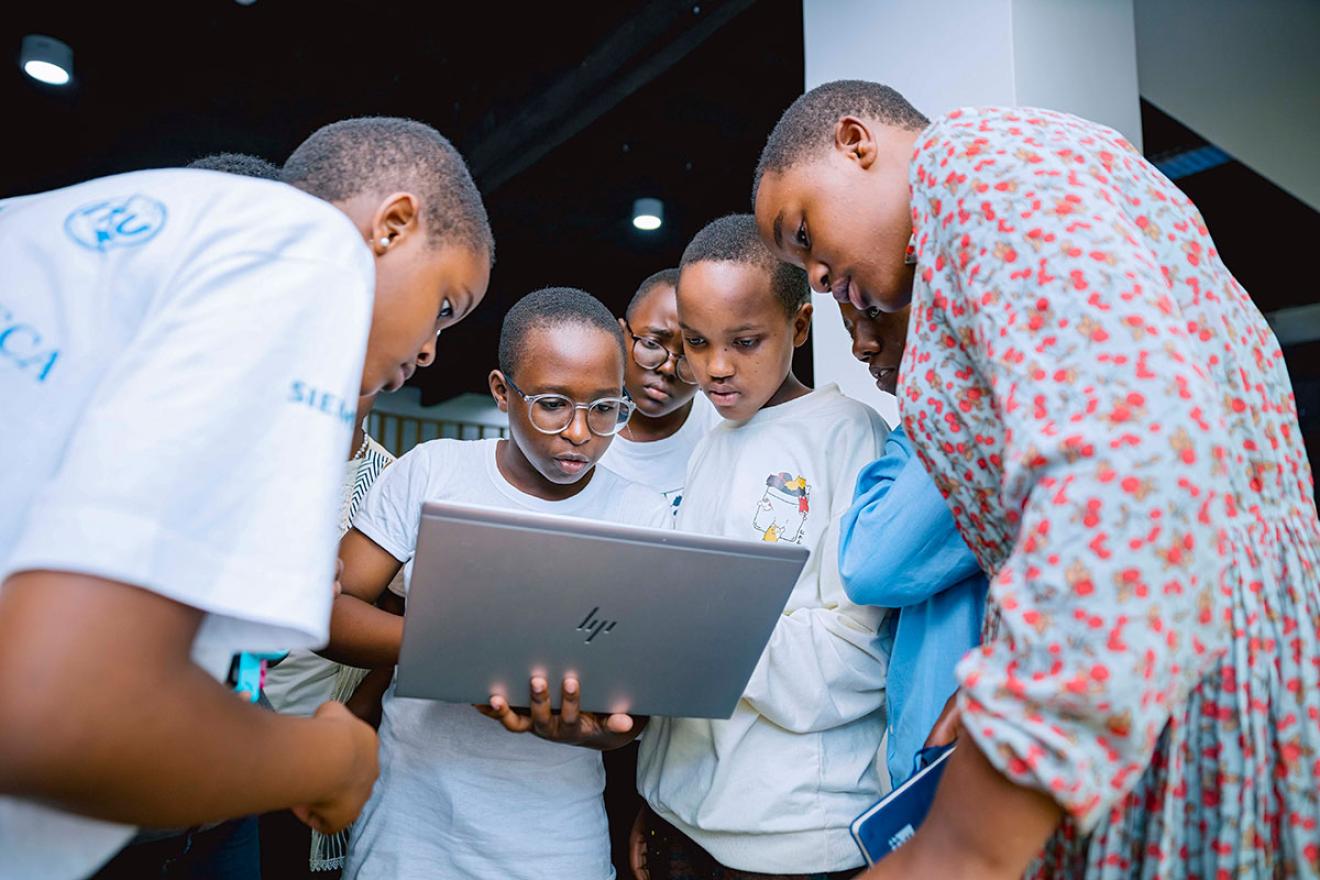Learn more about the Sustainable Development Goals! On our student resources page you will find plenty of materials for young people and adults alike. Share with your family and friends to help achieve a better world for all.
Vesak Day: Embracing Unity and Peace
"Vesak", the Day of the Full Moon in the month of May, is the most sacred day to millions of Buddhists around the world. It’s a day that we honour the birth, enlightenment and passing of the Buddha. On this Day of Vesak (23 May), let us be inspired by its spirit and renew our belief in the potential of the united human family. Together, let's strive towards a more peaceful and sustainable future.

Increasing disease and humanitarian strain in Gaza amid aid shortages
23 May 2024 — Living conditions in Gaza continue to deteriorate, with reports of an increase in diarrhoea and suspected cases of Hepatitis A, UN humanitarians warned on Thursday.
...‘Now is the time to unleash Africa’s peace power’ Guterres tells Security Council
23 May 2024 — Peace is the key to unlocking Africa’s future and for strengthening the continent’s voice and influence in building peace globally, UN Secretary-General António Guterres told the...
‘All hands on deck’ in Antigua and Barbuda as small island States chart course to resilient prosperity
23 May 2024 — Leaders from small island developing States worldwide will converge on the shores of Antigua and Barbuda in the Caribbean this weekend to deliver a bold new plan of action to build...

